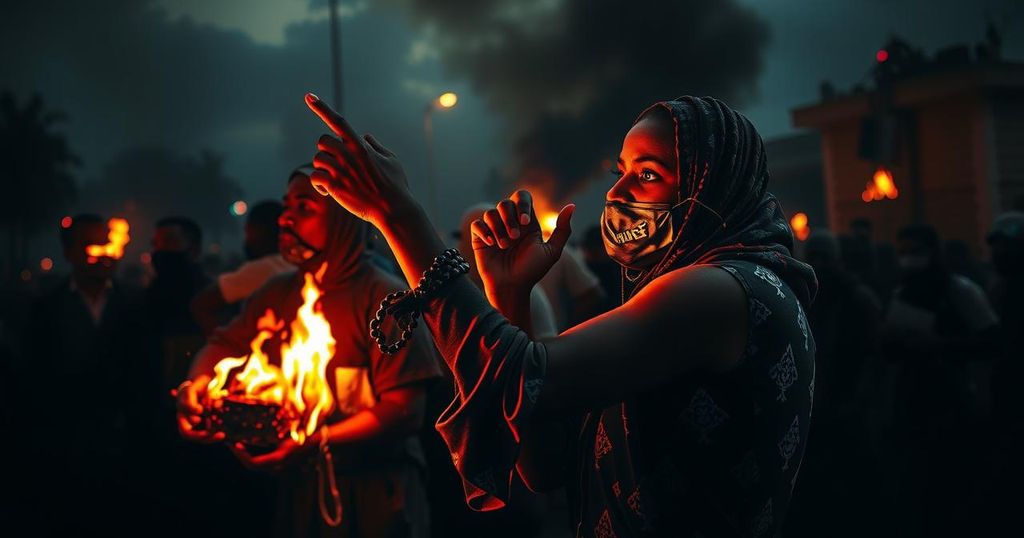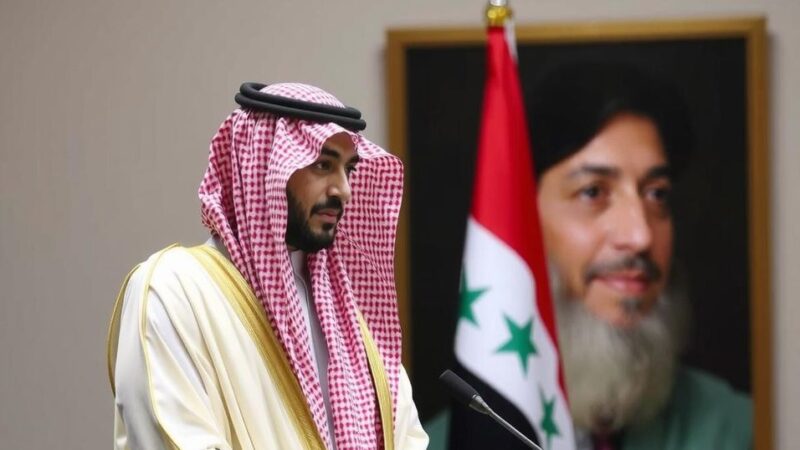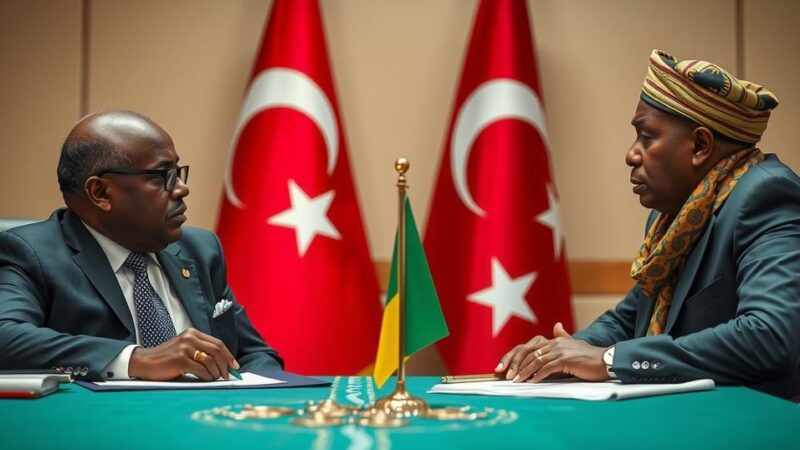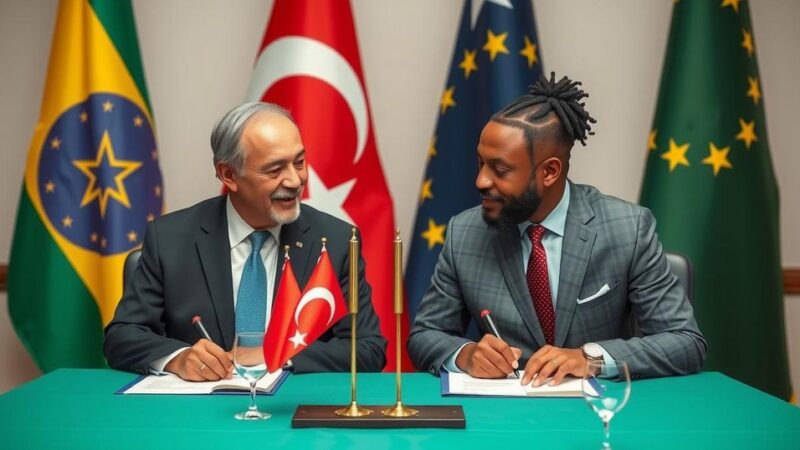The article critically examines the aftermath of the Libya vs Nigeria AFCON qualifier match marked by allegations of misconduct, negative playing styles, and hostile treatment of the visiting team. It highlights the broader implications for African football and calls for stricter governance and unity among nations involved.
The recent Africa Cup of Nations (AFCON) qualifier between Libya and Nigeria, initially scheduled for October 15, 2024, has left fans, particularly Nigerians, grappling with a sense of disbelief and frustration. This match, intended to celebrate national pride and showcase athletic talent, was disrupted by allegations of misconduct and unprofessional behavior from both sides, ultimately tarnishing the spirit of the sport. The turmoil originated from the first leg of the fixture held in Uyo, Akwa Ibom State. Allegations erupted as the Libyan side accused Nigerian officials and fans of poor treatment, including inadequate reception and hostile treatment. Conversely, Nigerian representatives defended their approach, claiming Libya’s accusations were exaggerated and merely an attempt to destabilize the Nigerian team psychologically. Eyewitness accounts indicate that while emotions ran high during the match, the grievances presented by the Libyan side were largely overstated. Instances of minor discomfort may have occurred, yet they did not warrant international outcry. The Libyan team opted to portray themselves as victims, potentially seeking an advantage heading into the second leg. On the field, the Libyan team’s tactics during the match were less than sportsmanlike. The contest devolved into negative gameplay characterized by time-wasting and exaggerated fouls, all designed to frustrate Nigeria’s Super Eagles. A notorious incident included the incorrect offside ruling that denied Ademola Lookman a legitimate goal, a decision that sparked considerable outrage. This incident reinforces a recurring issue where referees appear susceptible to external influence rather than enforcing fair play. Following their lackluster performance in Uyo, the Libyan team issued threats of retaliation for the second leg. Upon the Super Eagles’ arrival in Libya, reports emerged detailing a harrowing experience, as the Nigerian delegation faced severe restrictions, including lack of access to food, confinement at the airport, and absence of support from the Libyan Football Association. These conditions served to dampen the Nigerian team’s morale. Particularly alarming was the change of the Nigerian team’s flight destination from Benghazi to Al Abraq, leaving them stranded in unwelcoming surroundings, amplifying the potential for conflict rather than camaraderie amongst teams. This raises questions regarding the capacities and accountability of both the Confederation of African Football (CAF) and FIFA to act decisively against such unsporting behavior. Historically, both organizations have struggled to impose effective repercussions for similar conduct. The implications extend beyond sports, threatening the unity and collaboration within Africa, especially at a time when the continent aims to enhance solidarity through initiatives led by the African Union. Instances such as the Libya-Nigeria debacle undermine efforts to foster goodwill, ultimately contributing to unfavorable perceptions of African football internationally. To mitigate the potential for future incidents, it is crucial that CAF and FIFA adopt a more stringent approach towards disciplinary actions. Stricter penalties for unsportsmanlike conduct are essential, as well as a renewed emphasis on safeguarding the welfare of visiting teams. Additionally, fostering cooperative relationships among African football federations through cultural exchanges and community initiatives can establish positive interactions off the pitch. In summary, the altercation between Libya and Nigeria symbolizes a broader issue within African football, highlighting the need for greater unity and constructive engagement among teams. The challenges faced during this qualifier should serve as a catalyst for reform, promoting a collaborative spirit that will strengthen African football as a whole. Together, the continent must strive toward a future characterized by cooperation rather than conflict.
The article discusses a recent AFCON qualifier match between Libya and Nigeria that was marred by allegations of misconduct and hostile actions from both sides. The match is used to exemplify the broader issues within African football, including unsportsmanlike conduct and the impact of such incidents on unity within the continent. It raises important questions about the responsibilities of football federations and the need for stricter governance in maintaining the integrity of the sport.
In conclusion, the events surrounding the Libya versus Nigeria AFCON qualifier reflect not only a failure in sportsmanship but also a need for a renewed commitment to unity and cooperation within African football. The ability to conduct fair play, safeguard visiting teams, and foster goodwill among nations is paramount to improving the continent’s footballing reputation. Effective measures and collaborative strategies are essential to ensure future matches serve to unite rather than divide the African football community.
Original Source: www.thisdaylive.com







